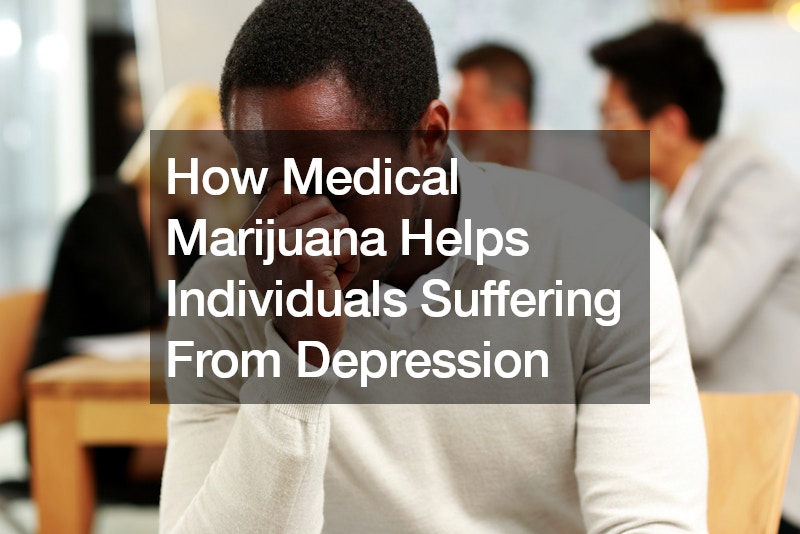

Depression is a widespread mental health condition affecting millions of individuals globally. Traditional treatments for depression include psychotherapy and medication, but recent studies suggest that medical marijuana might offer an alternative or complementary approach for those suffering from this debilitating condition.
Understanding Medical Marijuana
Medical marijuana refers to the use of the Cannabis sativa plant and its components, such as cannabinoids, for therapeutic purposes. The two primary cannabinoids of interest in medical marijuana are tetrahydrocannabinol (THC) and cannabidiol (CBD). THC is the psychoactive component that provides the “high” associated with marijuana, while CBD is non-psychoactive and has been linked to numerous potential health benefits.
Cannabinoids and the Endocannabinoid System
The human body has an endocannabinoid system (ECS) that plays a crucial role in regulating mood, sleep, appetite, and pain. The ECS consists of endocannabinoids, receptors (CB1 and CB2), and enzymes that synthesize and degrade endocannabinoids. Cannabinoids from medical marijuana interact with the ECS, potentially influencing these physiological processes and offering relief from depressive symptoms.

Potential Benefits of Medical Marijuana for Depression
- Mood Regulation: One of the most significant benefits of medical marijuana for individuals with depression is its potential to regulate mood. THC and CBD interact with the ECS to enhance the production of neurotransmitters like serotonin and dopamine. These neurotransmitters are known to promote feelings of well-being and happiness, which can help alleviate the persistent sadness associated with depression.
- Reduction of Anxiety: Anxiety often accompanies depression, exacerbating the condition. CBD, in particular, has shown promise in reducing anxiety levels. By interacting with the ECS, CBD can produce calming effects without the psychoactive high associated with THC, making it an attractive option for those seeking relief from anxiety symptoms.
- Improved Sleep Quality: Depression frequently disrupts sleep patterns, leading to insomnia or poor-quality sleep. Medical marijuana has been reported to help individuals fall asleep faster and enjoy deeper, more restorative sleep. Improved sleep can significantly enhance overall mood and energy levels, contributing to a better quality of life for those with depression.
- Pain Relief: Chronic pain is a common comorbidity with depression. The analgesic properties of medical marijuana can help manage pain, thereby reducing one of the factors that contribute to depressive symptoms. By alleviating physical discomfort, individuals may find it easier to engage in daily activities and experience an improved mood.
- Neuroprotective Effects: Emerging research suggests that cannabinoids may have neuroprotective properties. They can promote neurogenesis, the formation of new neurons, particularly in the hippocampus, a brain region associated with mood regulation and cognitive function. This potential neuroprotective effect could help counteract the brain changes linked to chronic depression.


